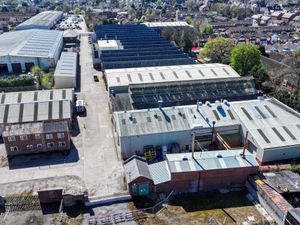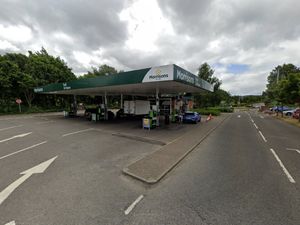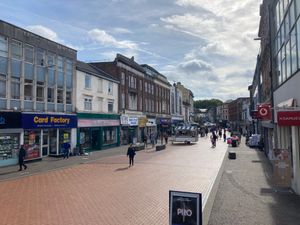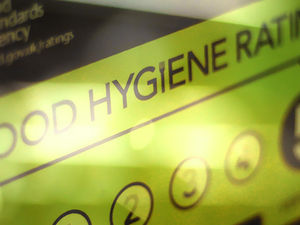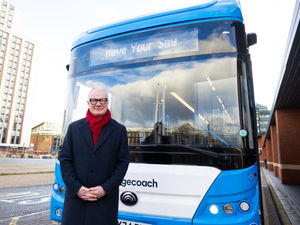'Safety comes first': Mixed feelings over return to work say Black Country business chiefs
Many businesses in the Black Country still have serious misgivings about how a post-lockdown return will work, it was warned today.
The Government is drawing up detailed guidelines for an ordered return to work and business chiefs in the area have stressed that safety must be the major factor in determining when more factories and offices can reopen.
Black Country Chamber of Commerce chief executive Corin Crane said chamber members are demanding guidelines must be “clear and simple”.
“Everyone wants to get back in action, but it is all about the timing and how it can be done safely,” said Mr Crane.
“Most businesses have wound their costs down to a minimum and the big danger, especially for those in construction and tourism, is that the cost of furloughing staff for a second time would be absolutely huge.
More Covid-19 coverage:
He said that few member businesses wanted to risk putting staff in harm's way with many fearful of a second wave of coronavirus.
"For tourist attractions to bring back staff, train them and do marketing and then have to close again could be crippling.
“We need to be really sure and the guidelines have got to be really clear and simple with as few grey areas as possible.
"Without that a return to work could turn chaotic especially if people interpret the guidelines in different ways.”
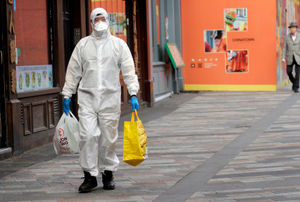
He stressed that work also needs to be done co-ordinating public transport to ensure employees can travel safely, especially if there are to be staggered shifts.
"There is also the question of making changes to workplaces and buying personal protective equipment which come with a huge cost and the reality is that businesses may not be at 100 per cent productivity for a year in some cases," he warned.
Black Country Local Enterprise Partnership board member Ninder Johal, the chief executive of Wednesbury’s Nachural group, said feelings varied depending on the sector, size and nature of each business and how robust their balance sheet is.
“Some manufacturing businesses are keen because they can put measures in place and businesses that can’t get outside help are keen to get cracking or risk never reopening," he explained.

Mr Johal, the new non-executive director of Wolverhampton’s BCRS Business Loans, said that the West Midlands economy’s dependence on the automotive sector was also something that needed to be taken into account with car makers yet to resume operations and resume orders for parts from local manufacturers.
“There is no point manufacturing cars if the dealers to sell them are not open,” he added.
“People who run businesses want to get back to work because they have got to balance the books, but there is a reluctance from workers unless they can be assured that all necessary steps are being taken to protect them.
"Restaurants face particular problems because of reconfiguring and bringing in PPE. It may be better for many to stay shut,” said Mr Johal who said that the issue of maintaining two-metre distancing was the main worry for businesses of all sizes.
He added that in his view is was too early to be looking at a full-blown return and before that could be done there needed to be a vaccine for coronavirus, effective drugs to treat Covid-19 or complete elimination of the virus in the UK.
Chris Biggs, the managing director of chartered accountants and consultants Theta Financial Reporting, said: "As this draft plan surfaces, both businesses and the public need certainty and clarity on how we will end the lockdown but not at the expense of the nation's health.
"Above all, we must avoid the fear of ‘double-dip’ lockdown as this will shatter business confidence resulting in a delay for companies returning to doing business.
"If there is a double-dip, then businesses will likely fear a risk of then a ‘triple-dip’ and so on.
"This will kill any ability for businesses to plan, for them to pick up business activities again and strangle any economic recovery."

